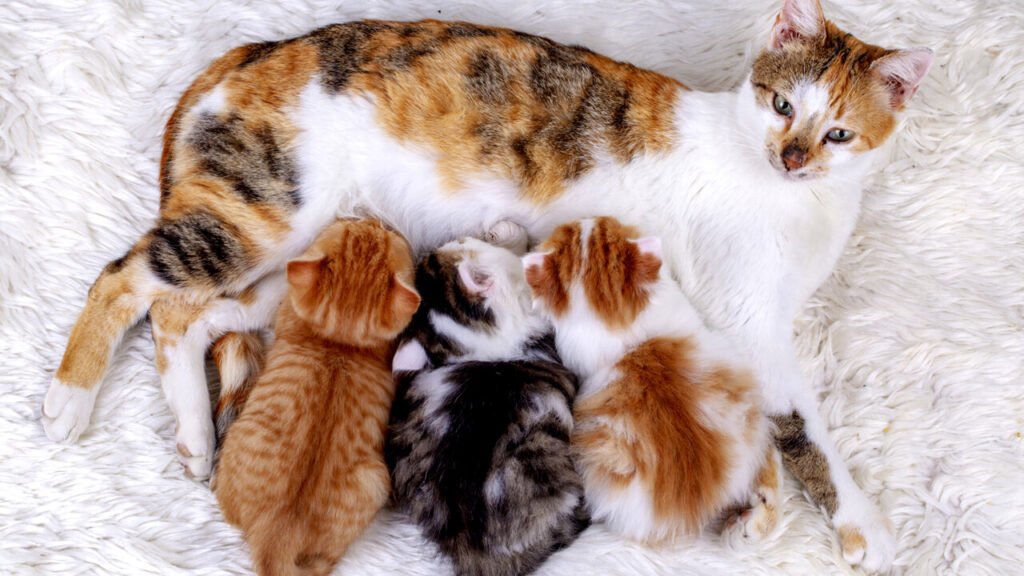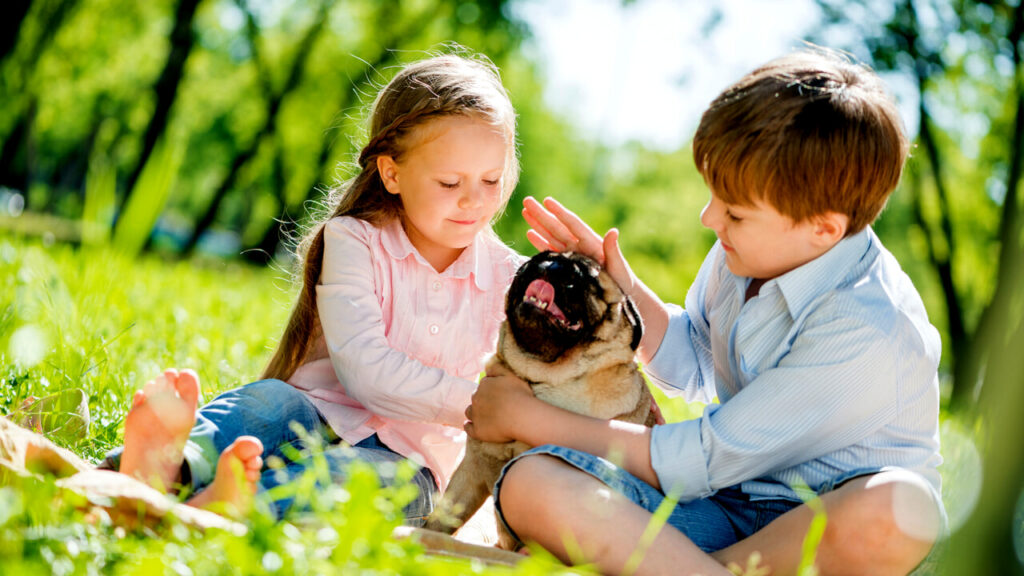Excessive heat not only bothers us, but also our beloved pets. How can we protect our cat or dog from heat stroke?
The temperature rises and everyone lives their own personal drama trying to manage themselves in a situation of oppressive heat and an atmosphere that does not help (thanks to pollution) to carry out the daily duties. First, I want you to do everything you can to take care of your health. Now let’s focus on our pets, who instinctively react to every weather condition, do not understand the climate crisis that has erased the seasons and what we have learned as (natural) logic.
Advertising
My topic is how we can save our pets from heat exhaustion. Let’s see what the experts recommend. In other words, the vets.
How to protect our pets from overheating
If your dog is panting excessively or breathing too fast, it means he is suffering from heatstroke. Since it doesn’t sweat (like you), it can’t regulate its temperature as easily. The system that takes care of this need is the respiratory system, so it breathes at a high speed. Your dog is also unhappy and if he slows down or stops whatever activity he is doing or looks for shade or seems tired.
Another symptom that flirts with heat stroke is weakness, red gums, swelling, rapid heartbeat and diarrhea. When things get too bad, he can’t coordinate his movements and shakes.
Advertising
To keep your dog cool, you should not spit water on him. If his body temperature rises, it can be fatal. To lower the temperature, we wet a towel with cold water and put our quadruped to lie on it. Or let’s rest with it his head, neck and back, with neck and groin posture. Another solution is to put his feet in cold water.
You can help him if you give him cold water (in general, in summer there should always be cold water in the place). It takes 15 to 20 minutes for his stomach to absorb it. It helps more if you put 2-3 ice cubes in the bowl. However, do not go too far, because there is a risk that he will eat it and drown.
Find a shady and well-ventilated area and bring your four-legged friend there. Add a fan to make it work more efficiently. Air conditioners should be avoided, unless they are unavoidable (for example during hot weather).
If you can’t stand the heat, of course your dog can’t walk in it either. Who, of course, needs a walk to do what he needs to do (smell and … empty himself), but he does not have the courage to open again. Or, even if he seems to be there, you should know better and don’t leave him on the streets, because you will probably see him collapse soon.
SOS also has information that breeds with short heads (eg French Bulldogs) have a harder time balancing their temperature after being exposed to heat, so they are more at risk of overheating.
Also, adult (some call them old) dogs and those with heart problems, diabetes and liver or kidney disease need special attention.
You can make up for the time lost from walking, with a game at home, so that your furry friend can get away. Now that I said fur, let’s move on to the next tip.
When you are hot, you collect your hair and comfort yourself. You are wrong to think that if you take care of your dog, he will feel the same comfort. It is useful to know that the coat protects the dog from burns. By nature, dogs shed hair when necessary for their survival.
You can comb your dog daily to help the condition. If his hair is knotted, it is useful to fix him so that the hair does not get tangled in the heat and suffer. If your dog has a double layer of fur, it will not help to cut it.
Wherever you go in the summer with your dog in the car, you need to turn on the air conditioner. Experts recommend cooling the cabin first and then putting the animal inside. Leaving any soul in a parked car in the summer is a criminal act.
What you have read so far can also be useful to those who have cats, which of course are better at regulating their body temperature and their heat tolerance. Which makes sense, when you consider that they don’t work very well.
Friendly cats indicate that something is wrong by panting with their mouths open. Or if they are excited, if they are constantly stretching, they are more uncomfortable than they are used to, and their skin is hot to the touch. In the most dangerous cases, their eyes light up, they salivate and vomit.
To cool the cat, find a way to bring it to a shady and cool place, preferably near an air conditioner or fan, and give it cold water.

